Queensland
National solar subsidy
The SRES offers upfront discounts. For a 6.6 kW system in Cairns (Zone 1), it generates approximately 56 STCs, and in Brisbane (Zone 3), it generates around 49 STCs over 7 years, resulting in savings of $2,240 and $1,960, respectively. For a 10 kW system, Cairns generates about 85 STCs, while Brisbane generates around 74 STCs, translating to $3,400 and $2,960 in savings.
Feed-in tariff
Queensland’s feed-in tariffs range from 6 to 15 cents per kWh. A household exporting 5 kWh/day could earn between $109.50 and $273.75 annually.
New South Wales
National solar subsidy
Through the SRES, a 6.6 kW system in Dubbo (Zone 2) generates about 56 STCs, and in Sydney (Zone 3), around 49 STCs over 7 years, providing savings of $2,240 and $1,960, respectively. For a 10 kW system, Dubbo generates approximately 85 STCs, while Sydney generates about 74 STCs, offering savings of $3,400 and $2,960.
Feed-in tariff
NSW offers feed-in tariffs between 6 and 12 cents per kWh. A household exporting 5 kWh/day could earn between $109.50 and $219 annually.
Australian Capital Territory (ACT)
National solar subsidy
The SRES provides ACT residents with upfront discounts. A 6.6 kW system in Canberra (Zone 3) generates about 49 STCs over 7 years, translating to savings of $1,960. A 10 kW system in Canberra generates approximately 74 STCs, resulting in savings of about $2,960.
Feed-in tariff
The ACT offers feed-in tariffs from 6 to 10 cents per kWh. For a system exporting 5 kWh/day, annual earnings would be $109.50 to $182.50.
Victoria
National solar subsidy
Victorian residents benefit from the SRES. A 6.6 kW system in Bendigo (Zone 3) generates about 49 STCs, and in Melbourne (Zone 4), around 42 STCs over 7 years, providing savings of $1,960 and $1,680, respectively. For a 10 kW system, Bendigo generates approximately 74 STCs, and Melbourne generates about 63 STCs, translating to savings of $2,960 and $2,520.
Feed-in tariff
Victoria’s feed-in tariffs range from 6.7 to 10.2 cents per kWh. A household exporting 5 kWh/day could earn $122.10 to $186.15 annually.
Tasmania
National solar subsidy
The SRES offers upfront discounts. A 6.6 kW system in Hobart (Zone 4) would generate around 42 STCs over 7 years, resulting in savings of $1,680. For a 10 kW system, Hobart generates approximately 63 STCs, providing savings of about $2,520.
Feed-in tariff
Tasmania’s feed-in tariffs range from 6.5 to 8.9 cents per kWh. Annual earnings for exporting 5 kWh/day could be $118.63 to $162.43.
South Australia
National solar subsidy
South Australians benefit from the SRES. A 6.6 kW system in Adelaide (Zone 3) generates around 49 STCs over 7 years, offering savings of $1,960. For a 10 kW system, Adelaide generates approximately 74 STCs, resulting in savings of about $2,960.
Feed-in tariff
South Australia’s feed-in tariffs range from 6.8 to 11 cents per kWh. Annual earnings for exporting 5 kWh/day could be $124.10 to $200.75.
Western Australia
National solar subsidy
The SRES allows upfront discounts. A 6.6 kW system in Broome (Zone 1) generates about 56 STCs, and in Perth (Zone 3), around 49 STCs over 7 years, resulting in savings of $2,240 and $1,960, respectively. For a 10 kW system, Broome generates approximately 85 STCs, and Perth generates about 74 STCs, providing savings of $3,400 and $2,960.
Feed-in tariff
Western Australia’s feed-in tariffs range from 3 to 10 cents per kWh. Annual earnings for exporting 5 kWh/day could be $54.75 to $182.50.
Northern Territory
National solar subsidy
The SRES provides NT residents with discounts. A 6.6 kW system in Darwin (Zone 1) generates around 56 STCs, and in Alice Springs (Zone 2), about 49 STCs over 7 years, offering savings of $2,240 and $1,960, respectively. For a 10 kW system, Darwin generates approximately 85 STCs, and Alice Springs generates about 74 STCs, translating to savings of $3,400 and $2,960.
Feed-in tariff
The NT offers feed-in tariffs between 8 and 9 cents per kWh. Annual earnings for exporting 5 kWh/day could be $146 to $164.25.
